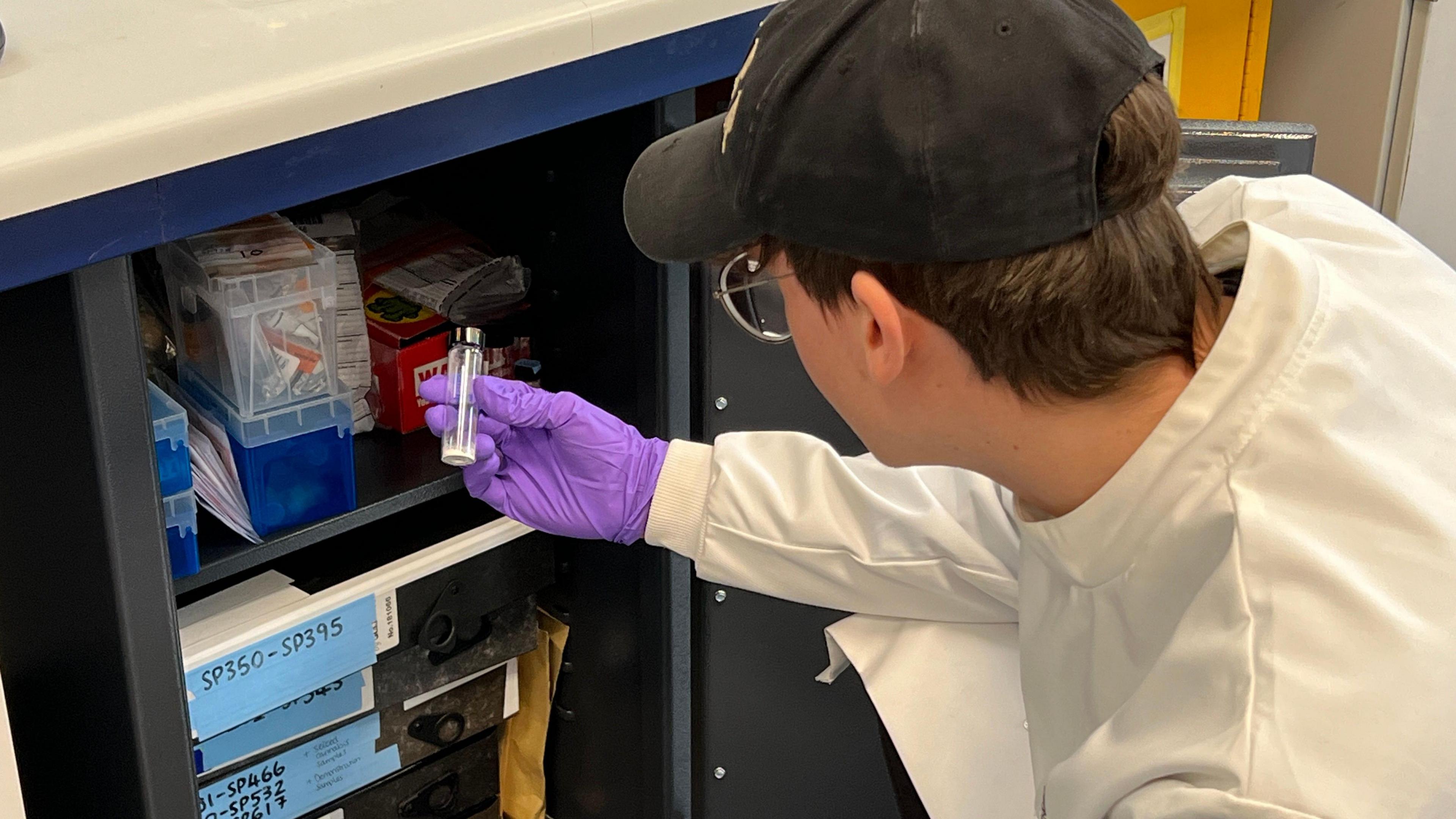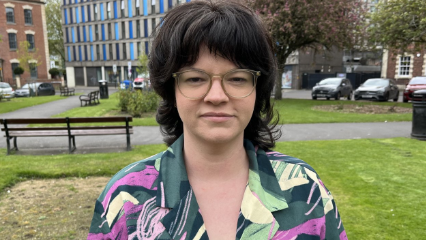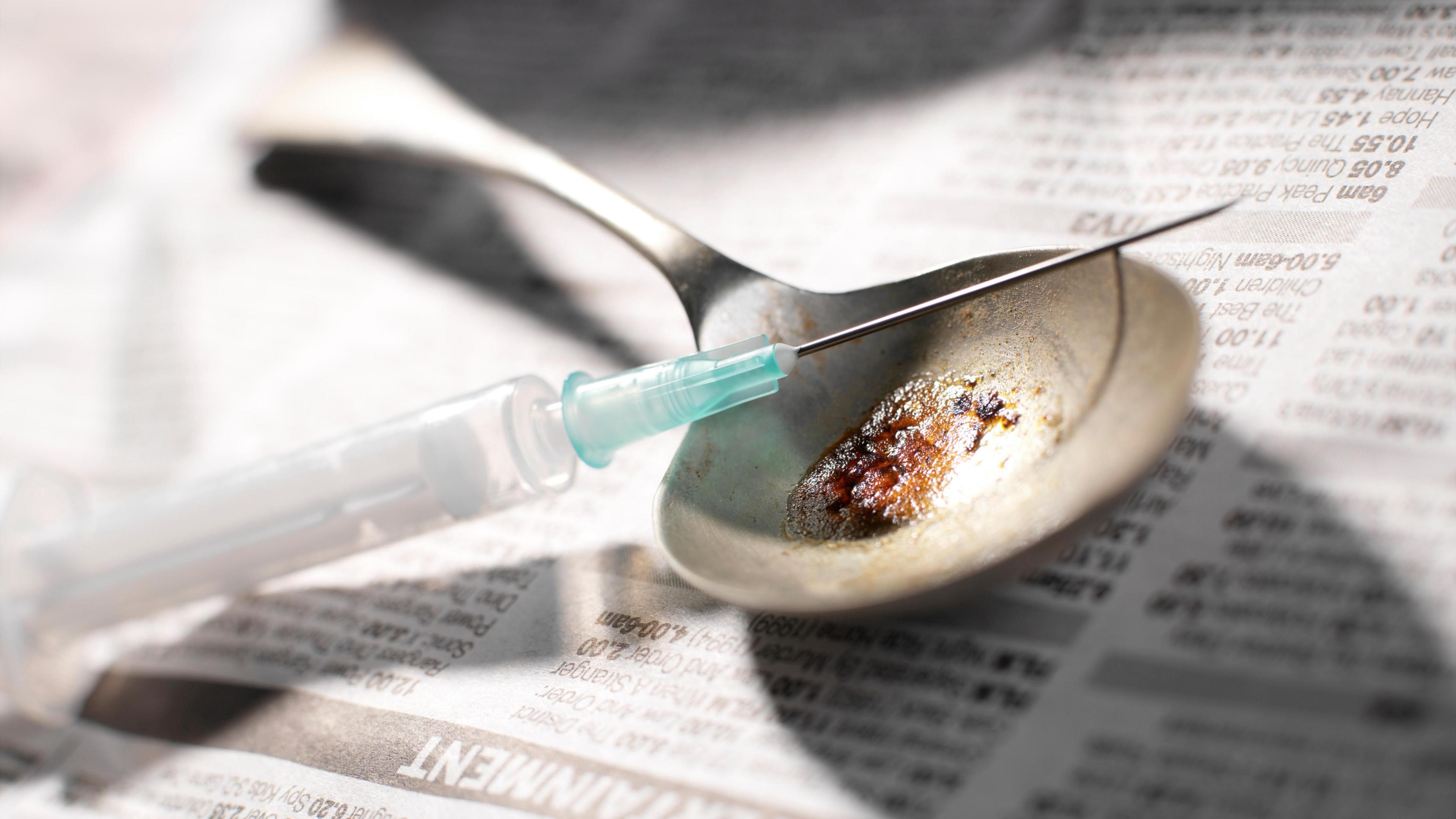University tests Bristol heroin to find link with Devon batch

The heroin is being tested to see if there is a link with a batch in Devon that led to two deaths
- Published
A university is testing a batch of heroin found in Bristol to see whether it is the same as the drugs responsible for two deaths in Devon.
The Loop, a Bristol drug checking service, said nitazenes had been found in multiple different samples in the city on Saturday.
Nitazenes are a synthetic opioid that can be up to 500 times stronger than heroin. The Bristol Drugs Project works with The Loop and said the discovery was "worrying".
The news comes days after an "unusual batch" of the drug saw two men die in north Devon, in what police declared as a major incident. The University of Bath began tests of the samples found in Bristol and Devon on Monday.
'Nitazenes are really dangerous'

Lydia Plant said the discovery of nitazenes was "very worrying"
The Loop, which is a Bristol City Council commissioned organisation, sent out an alert on Saturday warning the public about the samples found in the city.
The alert said nitazenes were 50 to 500 times stronger than heroin, and carry an increased risk of an overdose.
Lydia Plant, director of operations at Bristol Drugs Project, said: "It's worrying for us."
"Nitazenes are really dangerous, they are associated with lots of overdoses," she added.
"They make us really worried for people who take heroin and other drugs in this city."
She said heroin users should carry Naloxone - an overdose reversal drug - and to call 999 immediately if an overdose was suspected.
Ms Plant also urged people to avoid using heroin alone.
'Numbers were surprising'
The University of Bath's laboratory can test drugs in less than 24 hours.
The laboratory, run by Professor Chris Pudney, focuses on synthetic drugs that have very high risks to cause harm.
"We know that these nitazenes are present in the community around the country and to differing levels," Prof Pudney said.
"We periodically see them in our lab throughout testing, but I think we were surprised by the number we saw."
Follow BBC Bristol on Facebook, external, X, external and Instagram, external. Send your story ideas to us on email or via WhatsApp on 0800 313 4630.
Related topics
- Published28 April 2024

- Published29 April 2024
